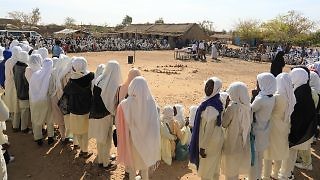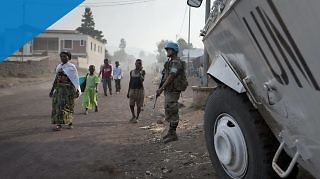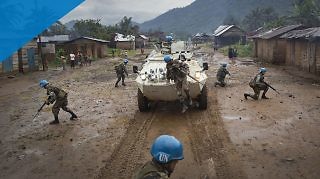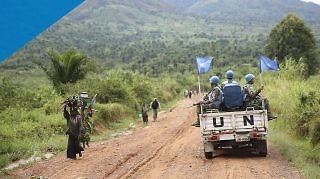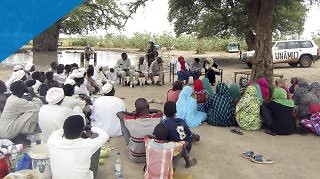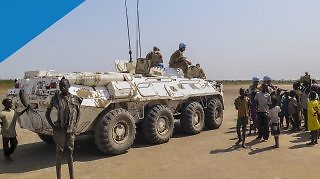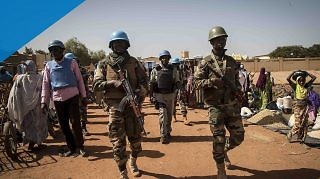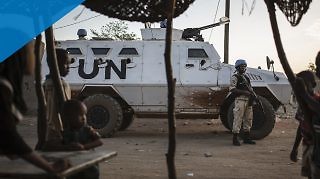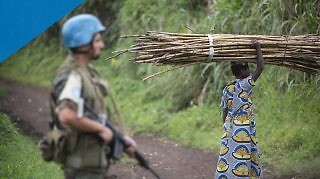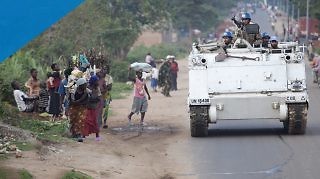Questions of whether or how much any new UN special political mission in Sudan should be involved with tasks associated with “protection of civilians” has been a particularly controversial point, as there appear to be differing views within the Secretariat and the Security Council over the need, wisdom, and practicality of providing the new mission with protection-related tasks.
Tag: protection of civilians
-
-
There are a multitude of descriptions of what POC means, with different actors having diverging perspectives.
-
Reaching consensus on the different circumstances, limits, and expectations of peacekeepers when it comes to intervening to protect civilians has been challenging.
-
The lack of monitoring and evaluation is a problem for all of a peacekeeping mission’s activities, but it’s a particular gap for POC.
-
There is broad consensus that POC requires not only a militarized response, but also resolution of the armed conflicts that provide the context for attacks on civilians.
-
There are certain steps that can be taken to improve contact skill training and address the gaps in knowledge and practice.
-
The question is not whether to use force, but how much force is necessary to accomplish POC goals. Answering this question will become increasingly important for the UN as most peacekeepers now operate in hostile environments.
-
If UN police are to continue to meet new and emerging POC challenges, then effort needs to be made to reform structures, align resources, and, most importantly, redouble political engagement.
-
Maintaining momentum on this issue will be crucial in the context of current peacekeeping reform efforts, as there is no greater risk to the credibility and legitimacy of the UN and its peacekeeping operations than failing to protect civilians.
-
As POC has become a new paradigm for UN peace operations, its implementation remains inconsistent.
